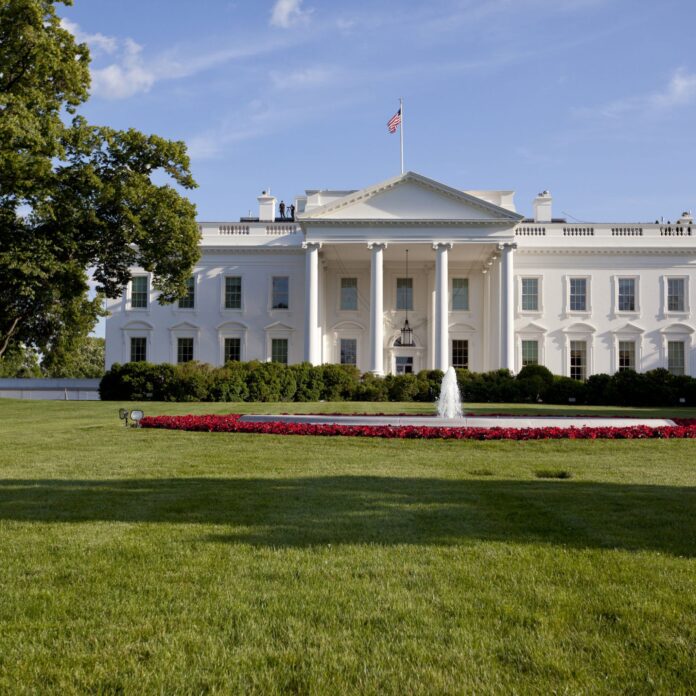Broadband is right up there with water, sewer and power, according to report
WASHINGTON – President Obama’s Broadband Opportunity Council released its 40-page report on Monday, declaring, “Today, broadband is taking its place alongside water, sewer and electricity as essential infrastructure for communities.”
The report was compiled over a six-month period starting in March. The council is co-chaired by the U.S. Department of Commerce Secretary Penny Pritzker and the U.S. Department of Agriculture Secretary Tom Vilsack.
The report echoes the president’s stated position that, “Access to high-speed broadband is no longer a luxury; it is a necessity for American families, businesses, and consumers.”
The report lays out a number of challenges that domestic Internet users still face such as a lack in choice of Internet service provider, and the reality that one in four households lack an Internet connection. The report also comes on the heels of Federal Communications Commission Chairman Tom Wheeler’s call for universal access at an NCTA event in Boston. “Simply put, in the 21st century, access to broadband is access to opportunity,” Wheeler said.
The FCC has allocated $1.5 billion to 10 carriers under the Connect America Fund, a program designed to encourage buildout of broadband infrastructure in low-income or rural areas. Under terms of the agreement, each carrier has committed to bringing broadband speeds of at least 10 megabits per second to 7.3 million rural customers over the next six years.
The report makes note of this and other efforts to expand broadband, but strongly advocates modernizing, simplifying and speeding up federal regulations related to broadband projects. The report went on to state: “While sound national policies and programs are important, most decisions on broadband investment are made by local governments in partnership with the private sector.”
Actions the federal government could take, the report notes, are to require new residential construction projects to include broadband hook-ups the same way power and water are required, and implementing a dig once rule: “‘Dig once policies help local and state governments lower their own costs and costs for telecommunication companies by coordinating infrastructure projects and allowing conduit to be laid alongside transportation, water and other projects.”
The report was not universally well received. Berin Szoka, president of libertarian think tank TechFreedom, said, “The report stops short of saying what should be uncontroversial: Federal money shouldn’t fund government-owned broadband networks before the dig-once approach has been tried. Letting private providers bid to lease dig-once conduits and deploy their own networks gives private companies an opportunity to upgrade their networks — or deploy new ones, as Google Fiber has started doing. If no private providers come forward, state and local governments can still deploy their own networks in that conduit, but at least they won’t have wasted taxpayer dollars building networks that private capital would have paid for. Smart policy would start with smart infrastructure, not unnecessarily displacing private enterprise. There’s good reason for caution: Government ownership of broadband networks inevitably means greater control, censorship and surveillance – and should be undertaken only as a last resort.”
Tom Struble, TechFreedom policy counsel was also critical of the FCC Universal Service Fund, which is designed to subsidize broadband projects. “It’s ironic that the report’s top recommendation appears to be taxing broadband, when the report talks about using ‘rulemaking or guidance to open financing resources for broadband investments,’ what it really means is that the FCC will soon force all broadband users to start paying Universal Service Fund ‘fees’ in order to fund programs that benefit only a small number of users,” he said. “These undemocratic taxes, set by the FCC without even an annual budget, are the most regressive taxes in America, and have risen steadily to fund programs rife with waste, fraud and abuse.”

